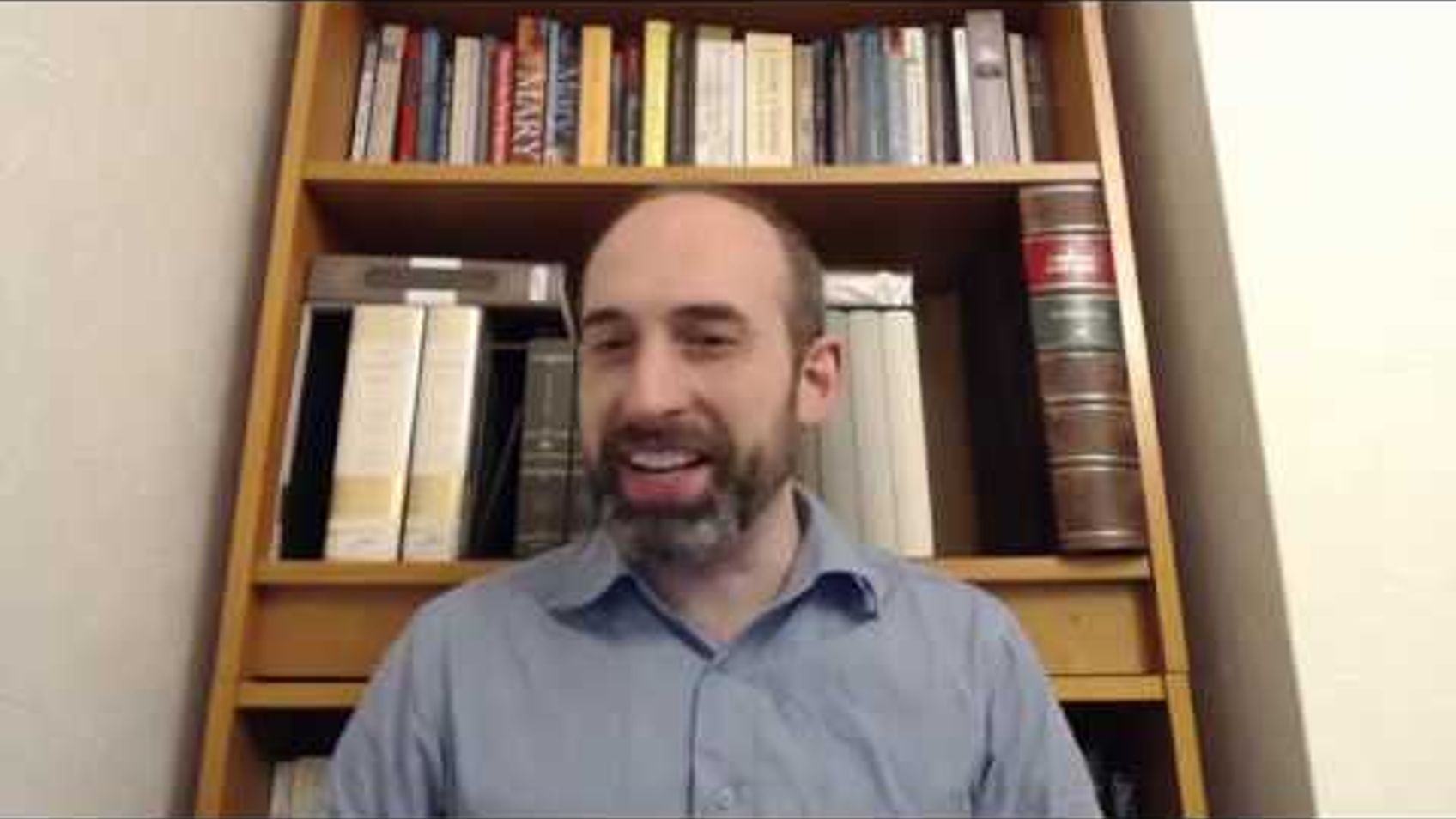Q&A#130 Tips for Daily Bible Reading

Tips on daily Bible reading for laypeople.
Within this episode I recommend the following Bibles, books, and resources:
ESV Reader's Bible: https://amzn.to/307w1ug
Bibliotheca Reader's Bible: https://amzn.to/2VZVW7S
Robert Alter's The Hebrew Bible: https://amzn.to/2vS7sDS
ESV Hebrew-English Interlinear: https://amzn.to/2VWsaRt
ESV Greek-English Interlinear: https://amzn.to/2HbWD5T
The Greek New Testament: Reader's Edition: https://amzn.to/2Vvew8o
Genesis 1-11, Samuel Bray and John Hobbins: https://amzn.to/2PWM0GY
Peter Leithart, 'A House For My Name': https://amzn.to/2YkLhCm
Peter Leithart, 'The Gospel of Matthew Through New Eyes, Volumes 1 and 2: https://amzn.to/2E0saFT & https://amzn.to/2vPSlKX
This is the podcast that we did with J. Mark Bertrand on Bible design: https://alastairadversaria.com/2016/11/08/podcast-on-bible-designs/
My blog for my podcasts and videos is found here: https://adversariapodcast.com/. You can see transcripts of my videos here: https://adversariapodcast.com/list-of-videos-and-podcasts/.
If you have any questions, you can leave them on my Curious Cat account: https://curiouscat.me/zugzwanged.
If you have enjoyed these talks, please tell your friends and consider supporting me on Patreon: https://www.patreon.com/zugzwanged. You can also support me using my PayPal account: https://bit.ly/2RLaUcB.
The audio of all of my videos is available on my Soundcloud account: https://soundcloud.com/alastairadversaria. You can also listen to the audio of these episodes on iTunes: https://itunes.apple.com/gb/podcast/alastairs-adversaria/id1416351035?mt=2.
More From Alastair Roberts

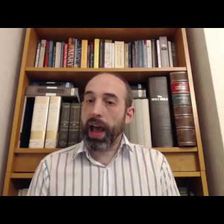
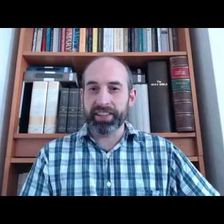
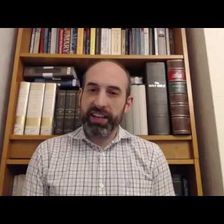
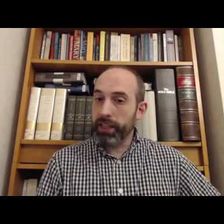

More on OpenTheo















